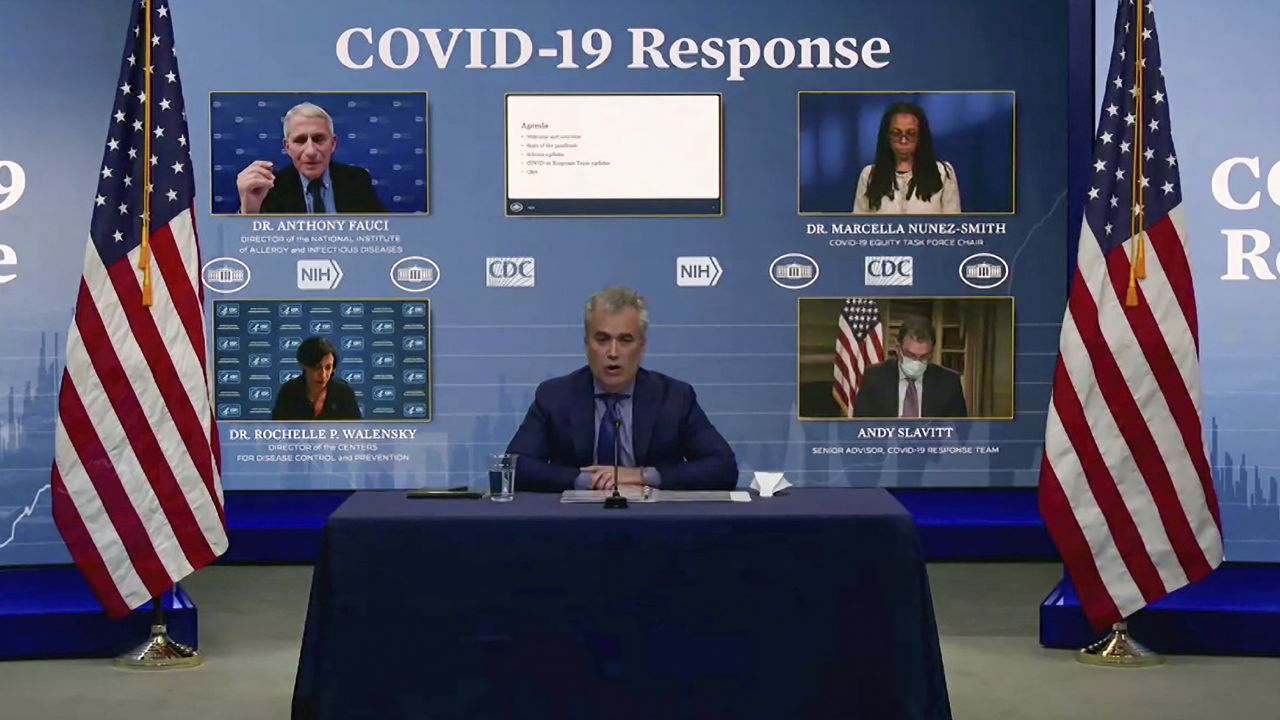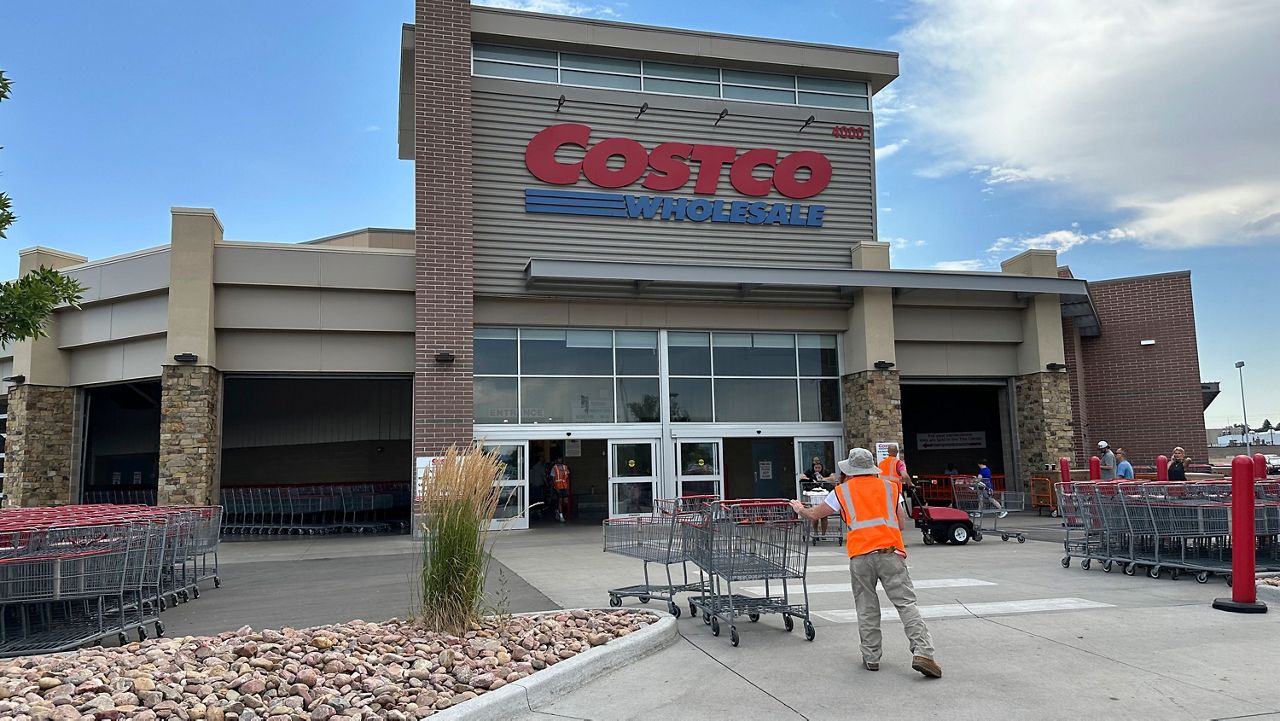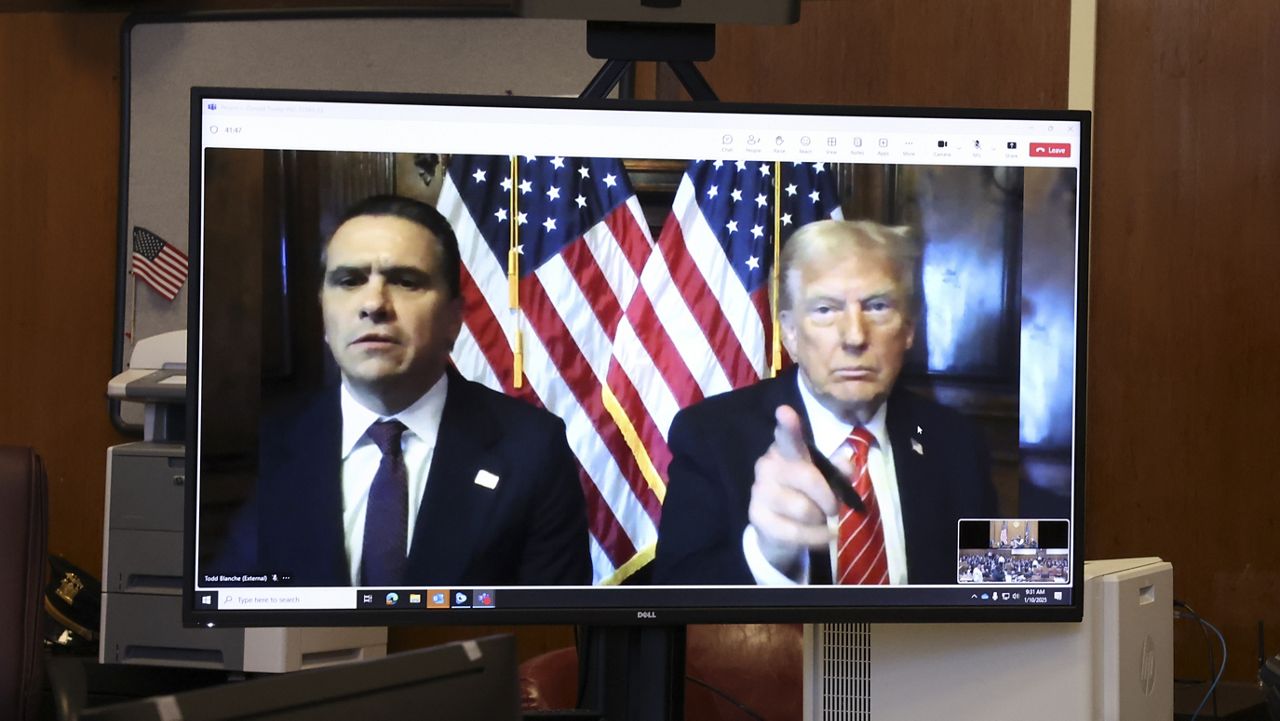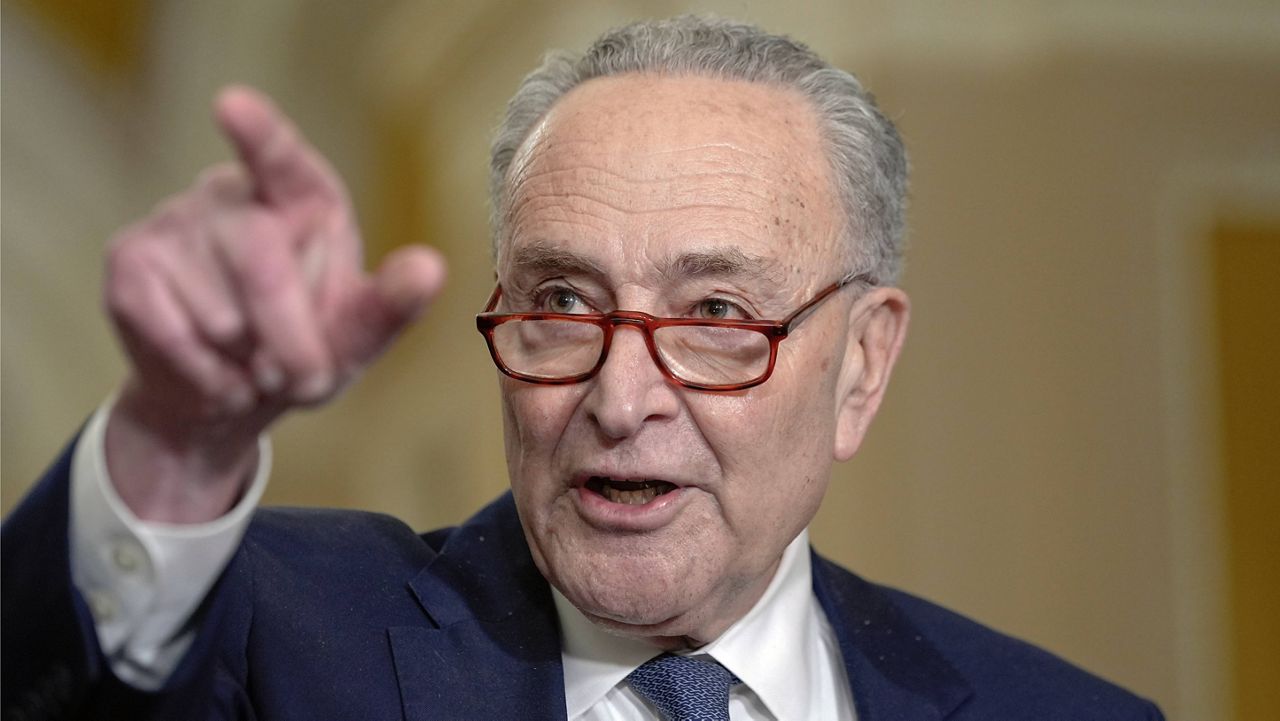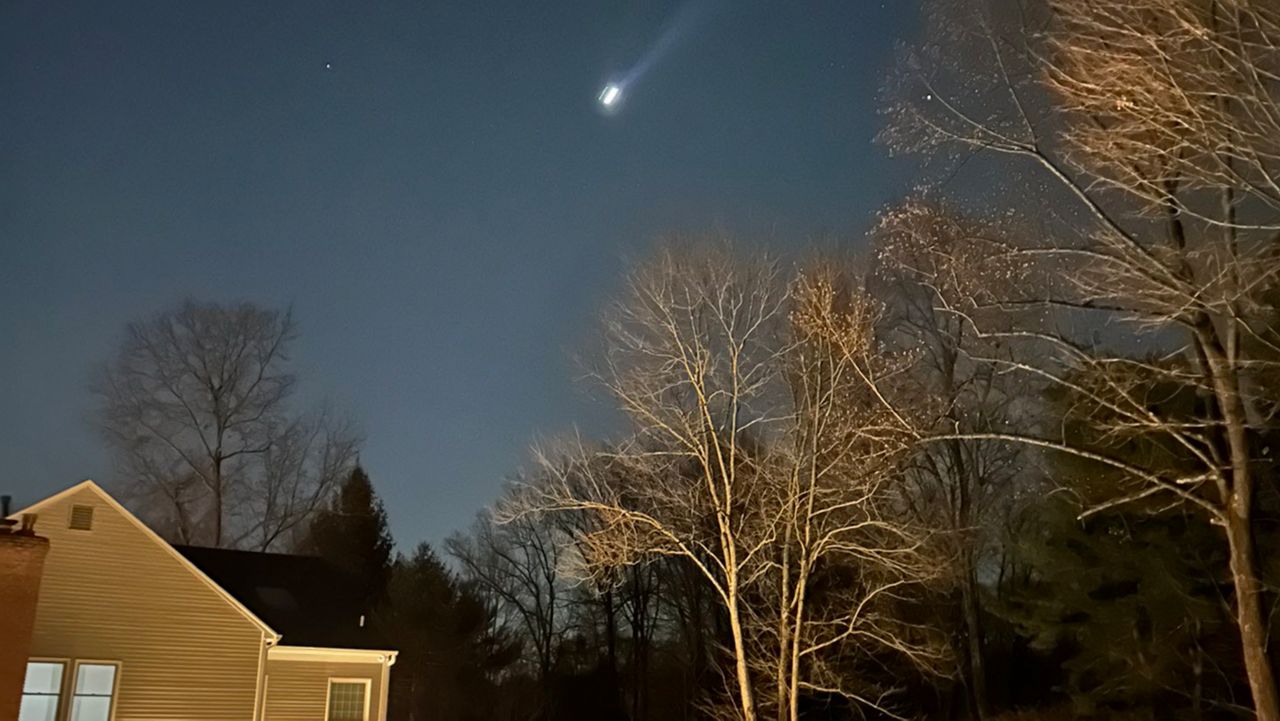White House officials said Monday they expect millions of delayed COVID-19 vaccines will be delivered to states before the end of this week, an earlier estimate than previously given.
All 50 states were impacted last week after a severe cold front swept across most of the United States, causing nearly six million vaccine doses to go undelivered. And while some parts of the country are still experiencing dangerous weather conditions, Biden administration officials say they have been working around the clock to ensure Americans get those vaccines as soon as possible.
“I reported on Friday that we would catch up on deliveries by the end of this week,” Andy Slavitt, senior adviser for the COVID-19 Response Team, told reporters Monday. “We now anticipate that all backlogged doses will be delivered by midweek.”
On Monday alone, Slavitt said, seven million doses of the vaccine will be shipped out nationwide; part of those shipments will be catch-up doses from the winter storm delays, while others are part of regularly-scheduled distribution.
The massive undertaking was made possible by a coordinated effort between the federal government and its partners, officials emphasized. Employees at McKesson, a global healthcare company contracted to deliver vaccines in the U.S., worked overnight shifts throughout the weekend in order to make transit deadlines; members of the U.S. military helped pack vaccine doses; and UPS extended its on-site trailer time for delivery pick-up.
Slavitt urged vaccination centers to “follow those working extended hours” in an effort to get vaccines into the arms of Americans as quickly as possible, suggesting they offer increased hours and appointments in order to “vaccinate the anxious public.”
But the problem of vaccine delivery delays has not been entirely solved across all 50 states. Texas especially has been hard-hit by winter storms, which left millions without power over the weekend. The public health department in Austin, for example, has deemed it too unsafe to reopen as of yet. The vaccination rate across the state has decreased by nearly 31% in the last week alone, officials said Monday.
News in Texas isn’t all bad — hospitalizations due to the coronavirus dropped on Sunday to their lowest level since mid-November, according to data released Sunday by state health officials. The Texas Department of State Health Services reported 7,146 hospitalizations, the lowest it has been since the 7,083 hospitalizations on Nov. 12.
The state also expects to receive about one million vaccine doses this week, made up of about 600,000 first doses and over 350,00 second doses, Gov. Greg Abbott tweeted on Sunday.
Officials on Monday also further detailed the administration's three-stage approach to ensuring as many Americans as possible get vaccinated against coronavirus. The first stage, which Slavitt said took place over the course of the past month, was the administration's learning period, where officials took advice from public health experts while also listening to concerns from constituents.
The second, more public stage began Monday. Over the next two weeks, White House, CDC, and HHS officials will hold listening sessions with listening sessions with "key stakeholders" in the coronavirus response. This stage will "focus on how to strengthen vaccine confidence and how to eliminate barriers that underserved communities are facing to getting vaccinations," Slavitt said Monday.
The third stage of the government's plan will be a massive public education campaign, which will leverage existing partnerships in order to reach as many segments of the population as possible.
Monday's push to ramp up vaccine distribution came as the country surpassed the grim milestone of 500,000 deaths due to the coronavirus, according to data from the Johns Hopkins Coronavirus Resource Center.
Biden will mark the U.S. crossing 500,000 lives lost from COVID-19 with a moment of silence and candle lighting ceremony at the White House on Monday evening. The president will deliver remarks at sunset to honor the dead, and will be joined by first lady Jill Biden and Vice President Kamala Harris and her husband, Doug Emhoff.
The Associated Press contributed to this report.




